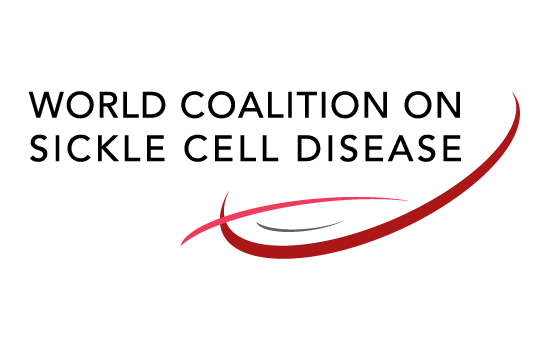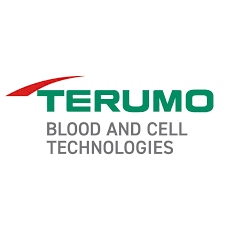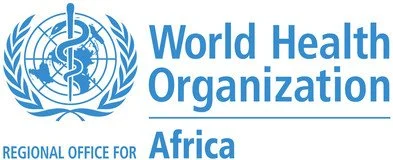
United Against Sickle Cell Disease
A GLOBAL COALITION
Driving Policy, Advocacy and Awareness
We work with governments, partners, and communities to accelerate political commitment and increase global attention to SCD.
Convening a Worldwide Coalition
We bring together patient groups, experts, private sector, international organizations, and civil society to collaborate, share knowledge, and amplify impact.
Developing frameworks and recommendations
We generate policy concepts, technical guidance, and global frameworks that help shape national and regional SCD strategies.
Why a Global Coalition Matters
Sickle Cell Disease is a major global health challenge, especially in low-resource settings.
The World Coalition on SCD brings together diverse organizations and individuals to align agendas, share knowledge, amplify advocacy, and accelerate collective action for better outcomes.
We focus on shaping policy ideas, fostering collaboration, and elevating SCD as a global priority.
WHAT IS SICKLE CELL?
Sickle Cell Disease (SCD) is one of the world’s most common inherited blood disorders. It changes the shape of red blood cells, leading to severe pain, anemia, infections, and other serious complications. Despite its significant impact, SCD remains under-prioritized in many national and global health agendas.
featured news & events
Members and Partners
Join us
If you are an organization interested in getting involved in the fight against sickle cell disease, please don't hesitate to reach out to us at the World Coalition on Sickle Cell Disease. We welcome partnerships with organizations who share our vision and mission to raise awareness about sickle cell disease and provide resources and support for individuals and families affected by this blood disorder. Through collaboration and cooperation, we can make a meaningful impact in the lives of those affected by sickle cell disease and work towards finding a cure. Whether you have a specific project or idea in mind, or simply want to learn more about our organization, we would love to hear from you. Together, let's strive towards a future where sickle cell disease no longer poses a threat to the health and wellbeing of individuals and communities worldwide.




















